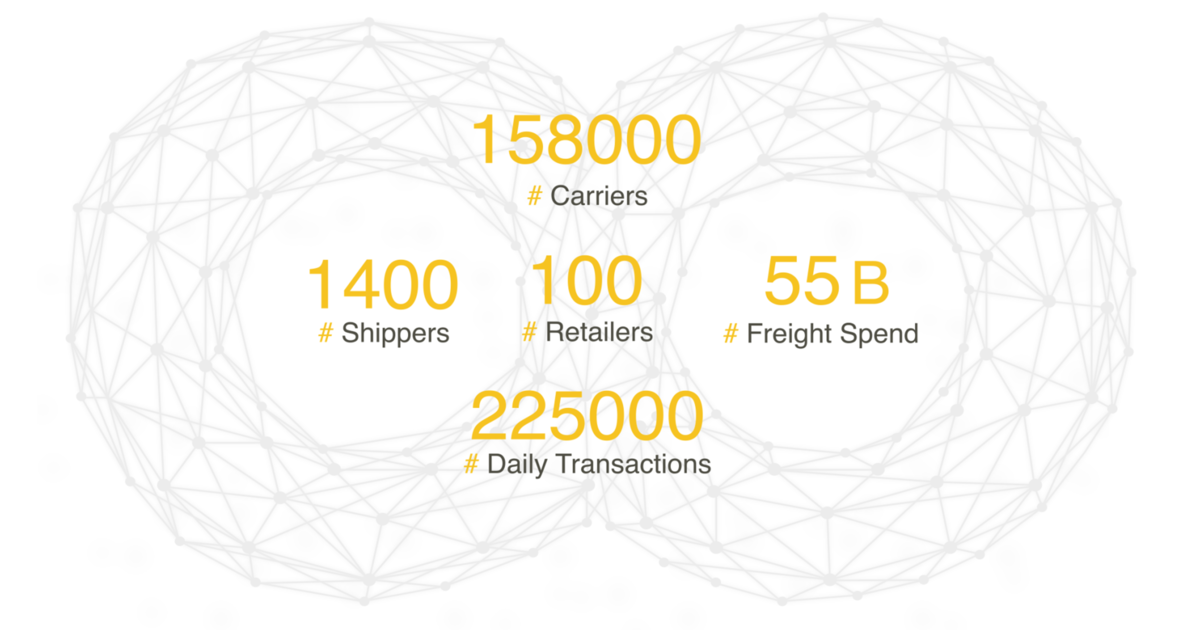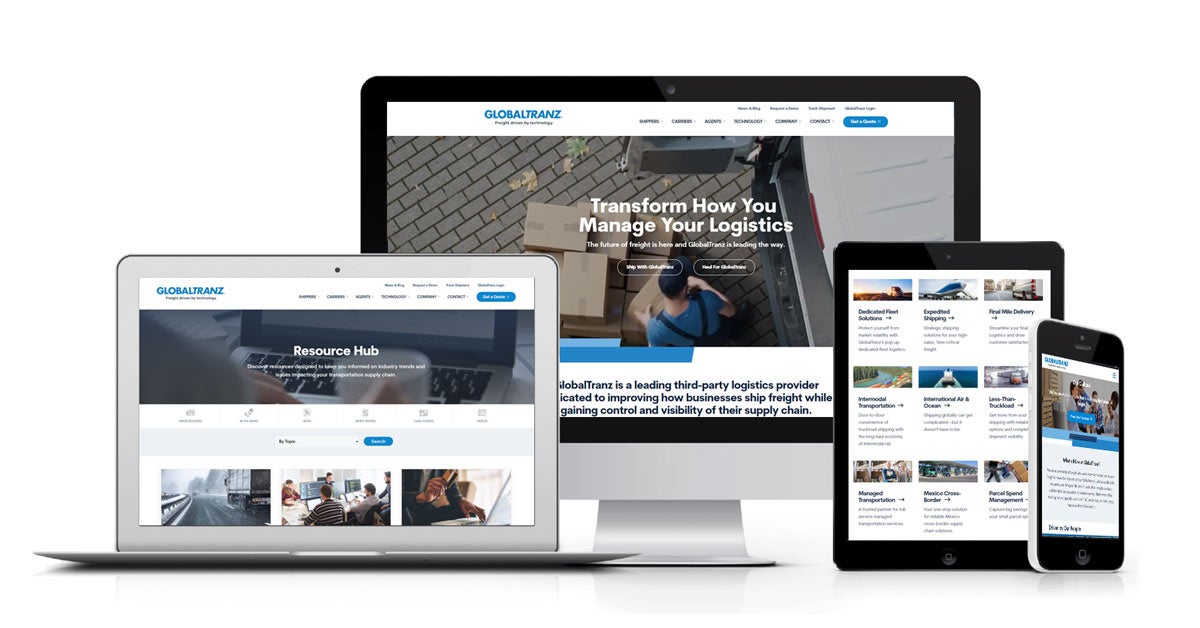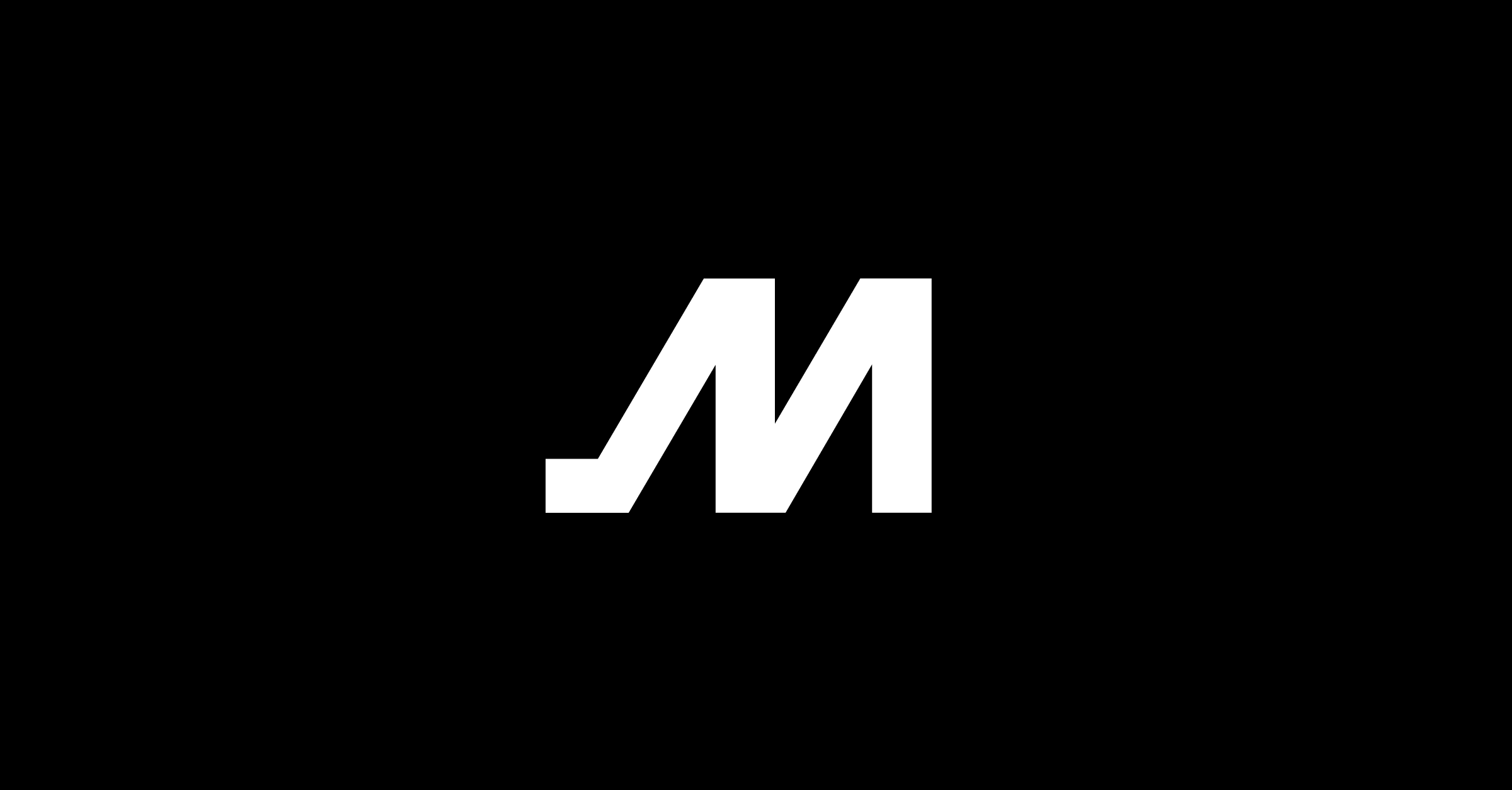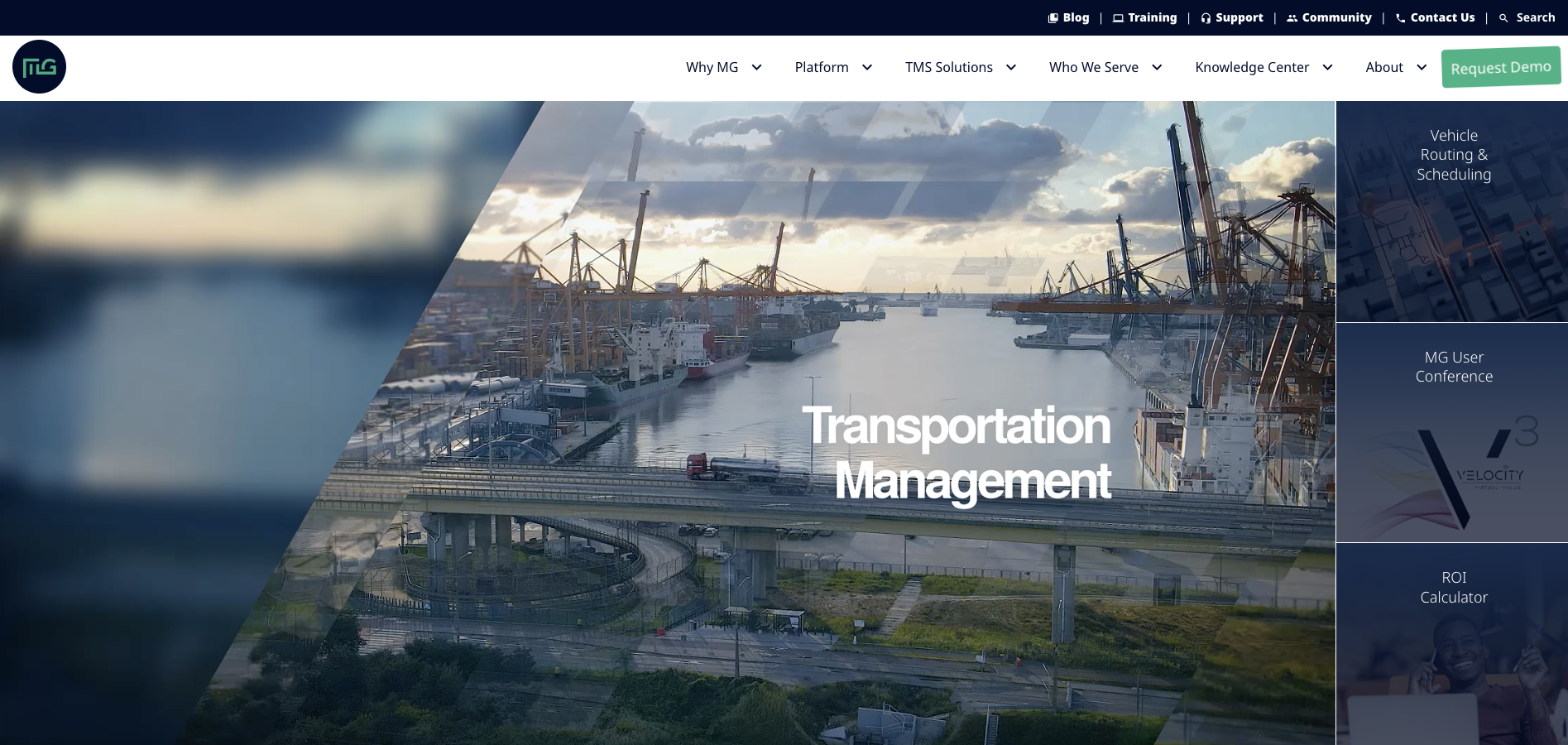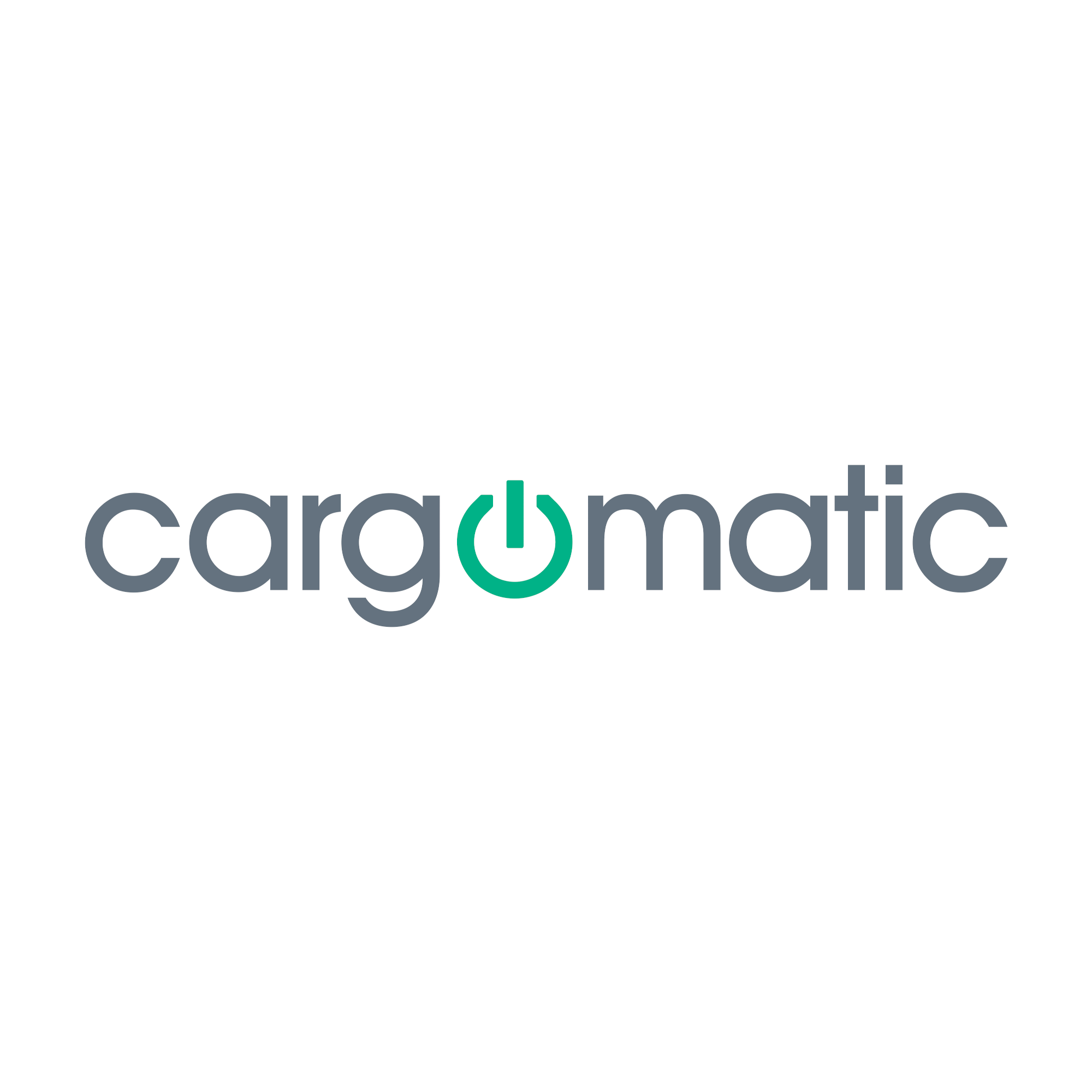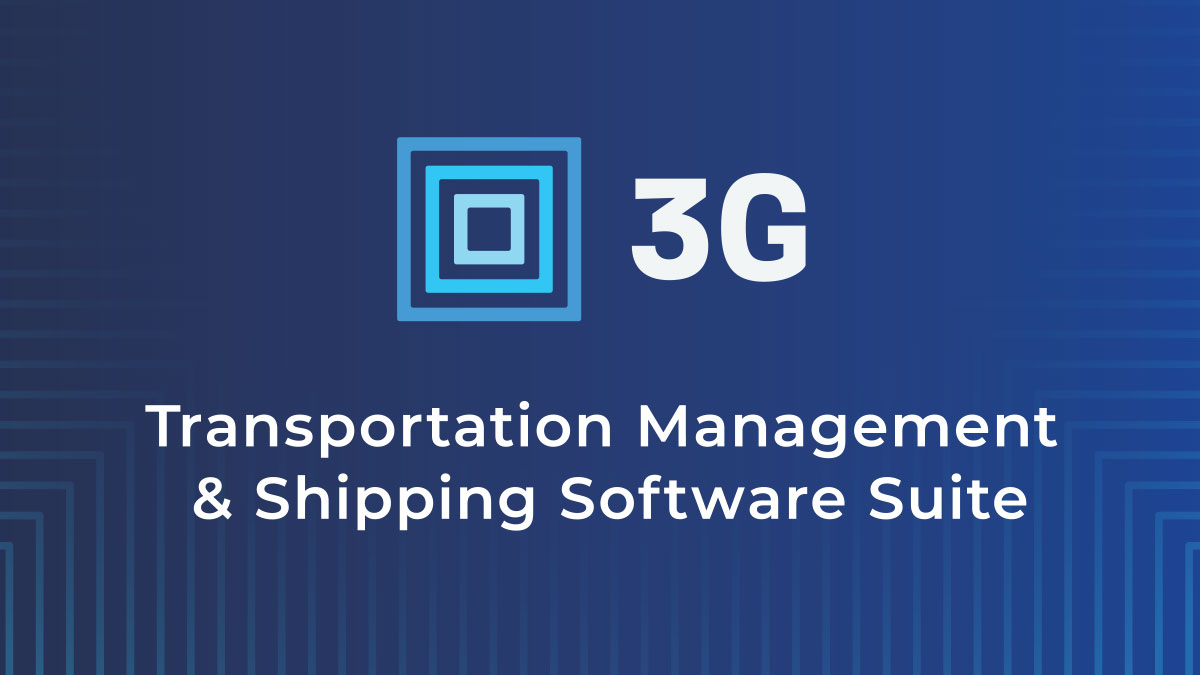Introduction
Freight management and supply chain visibility have become major priorities for enterprises and logistics providers alike in recent years. Advanced transportation management systems (TMS) have helped many organizations automate workflows, gain real-time shipment tracking and leverage data-driven optimization to improve service levels and reduce costs. However, with dozens of TMS vendors now competing for mindshare, choosing the right platform can feel overwhelming. This guide evaluates the top 15 freight management software options based on criteria like functionality, reputation, pricing and innovation to help you narrow down the best solutions for your unique needs.
Methods of Evaluation
The platforms were evaluated based on the following conventional criteria: features and functionality, pricing and costs, customer reviews, number of customers, and years in business. Additional weight was given to modern factors like focus on continuous innovation, integration capabilities with common ERP/TMS systems, big data analytics functionality, and digital maturity through mobile and API capabilities. Publicly available metrics like website traffic, social following, online reviews and number of backlinks were also considered to gauge overall market reputation and mindshare. The top performers balanced comprehensive traditional TMS capabilities with leading-edge innovations to future proof logistics operations.
1. Trimble Transportation
Trimble Transportation offers a comprehensive freight management software to help companies streamline operations, increase efficiency and reduce costs. Some key modules of their solution include dispatch management, routing & scheduling optimization, document workflows, fleet tracking and ELD compliance.
Pros: Key advantages of Trimble Transportation’s freight management software:
– Wide range of integrated logistic modules like dispatch, planning, tracking etc. allow end-to-end visibility and control
– Advanced optimization algorithms help reduce miles, empty runs and save fuel costs
– Real-time telematics integrations provide automatic ETA updates and dynamic routing
– Cross-border shipment optimization and international rates/documents are supported
Cons: Real-time access to data may require additional hardware like tracking devices in each vehicle/asset. However, this also offers valuable fleet visibility and analytics.
Pricing: Trimble Transportation offers flexible pricing models – perpetual licenses starting at $5,000/year or monthly/annual SaaS subscriptions starting at $99/user/month. Pricing varies based on fleet size, modules and customizations needed.
Some key stats about Trimble Transportation’s freight management software:
– Used by over 10,000 customers globally
– Manages over 4 million assets and 500,000 drivers
– Integrates with over 300 TMS, ELD, telematics and mapping providers
– Over 25 years of experience in logistics technology
2. Descartes
Descartes is a leading provider of technology solutions for logistics and supply chain management. As a transportation management system, Descartes’ solution provides robust capabilities for freight management. Some key features include optimization, shipment tracking and tracing, compliance, and business intelligence and reporting tools.
Pros: Some key advantages of Descartes’ freight management software include:
– Robust transportation management capabilities like rate shopping, shipment booking and tracking, bid optimization and freight audit and payment.
– Extensive carrier connections which allows users to easily book loads with many different carriers.
– Access to global best practices and expertise from Descartes’ dedicated logistics experts.
Cons: A potential disadvantage is the solution requires substantial implementation and configuration which could result in higher initial costs compared to other options.
Pricing: Descartes does not publicly disclose pricing for their freight management system. Pricing is customized based on specific requirements and implementation needs. Implementation services and annual software maintenance/support fees would also apply on top of any license fees.
Some key stats about Descartes’ freight management solution include: connects to over 135,000 carriers globally, processes over 24 billion shipment transactions per year, and has over 30 years of experience in logistics technology.
3. DAT One
DAT One is a web-based freight management software developed by DAT, a leading provider of transportation data and market analytics. In business since 1978, DAT connects over 500,000 companies in the transportation industry.
Pros: Key advantages of DAT One include: access to major load boards and freight index data directly in the system, automated load tendering and tracking capabilities to help manage freight transactions, customizable dashboard and workflows for small fleets and owner-operators.
Cons: A potential disadvantage is that the full capabilities of DAT One may not be needed for very small operations, so it could be an overkill. The pricing may also be higher compared to other options for smaller businesses.
Pricing: DAT One offers various packages starting from $99 per user per month for a basic package to $249 per user per month for a premium package with additional features and customized support. Discounts are available for annual or multi-year subscriptions.
Some key stats about DAT One include: access to over 2 million loads and 500,000 trucks on their load board daily, used by over 25,000 freight brokers and 3PLs, integrated with major load boards like DAT Loadboard, Truckstop.com and internetTruckstop.
4. Truckstop.com
Truckstop.com is a leading freight management software for trucking companies. In business since 1995, Truckstop.com helps thousands of carriers and shippers connect, negotiate loads, and manage paperwork. As an operational hub, Truckstop.com gives users access to major freight and load boards like DAT, Loadlink, and TruckerPath to find available loads.
Pros: Key advantages of Truckstop.com include:
– Operational hub for thousands of carriers
– Access to major freight and load boards
– Simplified electronic logging for hours of service compliance
– Integrated settlement and payment options
– Carrier relationship management tools
Cons: A potential disadvantage is that the basic plan is limited – additional features require an upgraded paid subscription.
Pricing: Truckstop.com offers various paid subscription tiers starting at $49/month for a basic plan. Premium plans with additional features are priced between $99-199/month. Discounts are available for annual subscriptions.
Some key stats about Truckstop.com include:
– Over 1 million loads posted per month
– Used by over 50,000 carriers
– Handles over $10 billion in freight each year
5. Transporeon
Transporeon is a global transportation management platform that provides a digital freight marketplace along with advanced optimization and planning tools. Founded in 1999, Transporeon helps shippers, carriers, and freight forwarders efficiently manage their supply chains.
Pros: Key advantages of Transporeon include:
– Global freight exchange platform connects shippers and carriers worldwide
– Advanced optimization tools help reduce freight costs through automated rate shopping and load consolidation
– Integrations allow seamless data sharing with existing TMS and ERP systems
Cons: A potential disadvantage is that the platform is more suitable for larger enterprises due to its scale and setup costs. Smaller businesses may find its features and pricing excessive for their needs.
Pricing: Transporeon offers several pricing plans depending on the features and number of users required. Basic plans start from $500/month for up to 3 users. Premium packages with advanced analytics and integrations are priced individually based on business needs.
Some key stats about Transporeon include:
– Over 30,000 carriers and 150,000 shippers connected on its global freight exchange platform
– Handles over 1 million loads per year
– Integrates with over 20 TMS and ERP systems including SAP, Oracle, and Descartes
6. GlobalTranz
GlobalTranz is a leading third-party logistics (3PL) provider that offers comprehensive transportation and supply chain management solutions. Founded in 2000, GlobalTranz is headquartered in Phoenix, Arizona and employs over 1,000 transportation and logistics professionals worldwide. They deliver industry-leading technology and expertise to streamline the supply chain process for their customers.
Pros: Some key advantages of using GlobalTranz include:
– Comprehensive 3PL solutions for shippers including transportation management, freight audit and payment, supply chain consulting, and warehousing and distribution.
– Strategic sourcing optimization and performance analysis to reduce costs and improve supply chain efficiency.
– Focus on automating workflows and documentation through their cloud-based TMS platform to streamline operations.
Cons: A potential disadvantage is that as a 3PL provider, shippers relinquish some control over their supply chain operations and logistics management to GlobalTranz.
Pricing: GlobalTranz pricing options vary depending on the specific solutions and services needed. However, in general their pricing models include:
– Transactional/pay-as-you-go rates for individual shipments
– Committed rates for higher shipment volumes with negotiated discounts
– Subscription-based pricing for their TMS platform starting at $1500/month
Some key facts about GlobalTranz include:
– Manages over $2 billion in freight spend annually
– Serves over 10,000 customers
– Executes over 150,000 loads per month
– Employs 600+ transportation professionals
– Manages over 4 million square feet of warehouse space
7. KeepTruckin
KeepTruckin is a leading transportation management software for fleet management. Founded in 2013, KeepTruckin provides trucking technology solutions to help fleets manage drivers, track hours of service, complete electronic logging, and improve overall operational efficiency.
Pros: Some key advantages of KeepTruckin include:
– Driver telematics for safety and compliance
– Electronic logging device (ELD) capabilities
– Integrates with platforms like TMS and ERP
– Real-time GPS tracking and geofencing
– Advanced driver scoring and feedback
Cons: One potential disadvantage is the upfront cost of hardware installation which can be several hundred dollars per vehicle depending on the subscription plan chosen.
Pricing: KeepTruckin offers various pricing tiers depending on fleet size and subscription duration. Basic ELD-only plans start at $9.99 per driver per month. Full-featured telematics plans with additional features like video telematics start at $49 per driver per month.
Some key stats about KeepTruckin include:
– Over 120,000 customers in North America
– Processes over 4 billion miles of driving data annually
– Integrates with over 250 partners and platforms
8. MercuryGate
MercuryGate is a leading transportation management system (TMS) software provider. Founded in 2001, MercuryGate helps shippers, carriers, brokers and 3PLs optimize freight logistics and improve transportation operations and workflow management. The MercuryGate TMS solution is a cloud-based platform that provides end-to-end visibility, execution and optimization across multiple transportation modes.
Pros: Some key advantages of the MercuryGate TMS include:
– Powerful load planning and optimization capabilities to maximize load utilization
– Integrated ELD, billing and payment functionality for improved efficiency
– Constant innovation and enhancements based on customer feedback to stay ahead of industry trends
Cons: While highly capable overall, one potential disadvantage is that the MercuryGate TMS requires an investment in implementation and regular subscription/license fees for ongoing use.
Pricing: Pricing for the MercuryGate TMS is not publicly disclosed and varies based on factors like fleet size, transaction volume, modules needed. MercuryGate offers both annual and multi-year subscription options. Potential customers can request a custom quote online.
Some key stats about MercuryGate include:
– Over 500 enterprise customers in a variety of industries such as retail, food/beverage, logistics
– Processes over $100 billion in freight transactions annually
– Connects to over 100,000 carriers globally
– Serves customers across North America, Europe and Asia-Pacific
9. Loadsmart
Loadsmart is a freight management platform that helps shippers, carriers, and brokers optimize their transportation operations. In business since 2009, Loadsmart offers a comprehensive transportation management system (TMS) with tools to help users digitally match loads with available trucks, optimize carrier selection, track loads in real-time, and automate back-office functions. Their software supports all modes of freight including truckload, less-than-truckload, intermodal, and parcel shipping.
Pros: Key advantages of using Loadsmart include:
– Their focus on digital freight matching helps automate the load booking process and find optimal carriers
– Advanced analytics and machine learning optimize the carrier selection to ensure on-timeperformance and lowest rates
– Mobile drivers app provides visibility into loads with automated tracking of pickup, delivery, paperwork, and exceptions
Cons: One potential disadvantage is that Loadsmart is primarily focused on truckload and less-than-truckload shipping. Other TMS solutions may offer more robust support for additional freight modes like intermodal and parcel.
Pricing: Loadsmart offers flexible pricing plans tailored to businesses of all sizes. Pricing is generally based on freight under management per month. They also offer a free 30-day trial to test out the platform before committing.
Some key stats about Loadsmart include:
– Manage over $3 billion in freight transactions annually
– Work with over 55,000 carriers and 12,000 shippers
– Track over 1 million loads per year
– Achieve a 98% on-time delivery rate
10. Transportation Insight
Transportation Insight is a leading provider of TMS and freight audit and payment solutions. Founded in 2002, Transportation Insight offers the Transportation Insight Platform (TIP), a full-service logistics platform.
Pros: Key advantages of Transportation Insight include:
– Full suite TMS solution focused on supply chain consulting and strategic sourcing for optimal carrier agreements
– Powerful analytics for continuous improvement and benchmarking of freight spend and operations
– Experienced team of logistics experts for ongoing support and strategic consulting
Cons: One potential disadvantage is the platform may require more implementation time and resources compared to smaller, more focused TMS solutions. Customers may need to dedicate professional services resources from Transportation Insight during implementation and integration.
Pricing: Transportation Insight offers pricing based on shipment volume and features used. Implementation and setup fees typically apply. Monthly fees start at $2,000/month for basic TMS capabilities up to $10,000/month for the full platform with additional services such as freight audit.
Some key stats about Transportation Insight include:
– Founded in 2002 and headquartered in Minneapolis, MN
– Services over 6,000 shippers
– Processes over $8 billion in freight spend annually
– Manages over 1.5 million shipments per year
11. Cargomatic
Cargomatic is a freight management software that digitally connects shippers and carriers through an online marketplace. Founded in 2013 and based in San Francisco, Cargomatic has built a network of over 22,000 professional drivers that shippers can access through its platform. The software aims to automate and streamline the load tendering process for shippers while also increasing fleet utilization for carriers.
Pros: Some key advantages of using Cargomatic include:
– Real-time shipment tracking and document exchange between shippers and carriers
– Focus on automating the load tendering and booking process to reduce administrative work
– Dynamic pricing helps ensure loads are covered at competitive market rates
– Offers visibility into available truck capacity to optimize load sourcing
Cons: A potential disadvantage is that the platform is primarily focused on local and regional shipments rather than long-haul freight.
Pricing: Cargomatic offers a SaaS-based freight management platform. Pricing varies based on shipment volume but generally starts at $1 per shipment for under 500 shipments per month.
Some key stats about Cargomatic include:
– Over 22,000 professional drivers registered on the platform
– Operates in over 35 major US metro areas
– Processes over 500,000 shipments annually
– Average on-time delivery rate of over 95%
12. Kuebix
Kuebix is a leading transportation management system (TMS) provider headquartered in Morrisville, North Carolina. Founded in 2006, Kuebix provides a cloud-based TMS platform that leverages machine learning and artificial intelligence to help companies optimize their freight operations and spend.
Pros: Key advantages of Kuebix include:
– Machine learning based load matching engine that can achieve a 90% automation rate
– Automated rating, dispatching and document exchange capabilities to streamline freight processes
– Dedicated implementation teams and resources for complex carrier requirements and integrations
Cons: One potential disadvantage is that the system may require more configuration and set up time for very large or complex freight operations compared to some other TMS solutions.
Pricing: Kuebix pricing is based on monthly subscription fees which vary based on the number of users, integrations required and additional modules. Contact their sales team for a custom quote tailored to your business needs.
Some key stats about Kuebix include:
– Used by over 1500 companies globally across various industries
– Processes over $3 billion in freight spend annually through its platform
– Handles over 1 million loads each year
– Integrations available with over 40 ERP/TMS systems
13. CTSI-Global
CTSI-Global is a leading provider of freight management software. Founded in 1986, CTSI-Global has focused on developing technology solutions for the logistics and transportation industries. Their flagship product is Honeybee, a transportation management system (TMS) designed for managing temperature-controlled freight and transportation.
Pros: Some key advantages of Honeybee TMS include:
– Specialized in managing temperature-controlled freight from field to store
– Provides real-time load tracking and document exchange capabilities
– Integrated warehouse management tools to improve inventory control and space utilization
Cons: Potential disadvantages of Honeybee TMS include:
– Higher starting costs compared to some competing solutions due to specialized features
Pricing: Pricing for Honeybee TMS varies depending on the needed modules and number of users but generally starts at $10,000 per year. Volume-based discounts are available for larger enterprises.
Some key stats about CTSI-Global and Honeybee TMS include:
– Over 30 years in business providing logistics technology solutions
– Over 700 employees worldwide
– Used by over 10,000 customers in more than 50 countries
– Integrated with over 150,000 carrier systems globally
14. FreightFlow
FreightFlow is a leading cloud-based transportation management system (TMS) designed specifically for fresh produce and perishable logistics. Founded in 2010 and headquartered in Auckland, New Zealand, FreightFlow aims to enable the sustainable and efficient movement of fresh goods through advanced logistics technology.
Pros: Key advantages of FreightFlow TMS include:
– Robust ERP integration capabilities that provide end-to-end supply chain visibility
– Intuitive mobile interface for drivers to easily manage loads on-the-go
– Automated yard and facility management tools to optimize warehouse operations
Cons: One potential disadvantage is that FreightFlow is primarily designed for fresh produce and perishable logistics, so it may not be as well-suited for other industries that have different operational needs.
Pricing: FreightFlow offers flexible pricing plans tailored for organizations of all sizes. Basic plans start from $500/month for smaller businesses. Enterprise packages with additional features are available for larger fleets and networks starting at $2,500/month.
Some key stats about FreightFlow include:
– More than 300 customers globally in over 20 countries
– Processes over $3 billion worth of freight annually
– Integrates directly with over 30 major ERP and accounting systems
15. 3Gtms
3Gtms is a transportation management system (TMS) and shipping software developed by 3Gips. Founded in 2000, 3Gips builds supply chain technology solutions for enterprises and third-party logistics (3PL) providers. Their flagship product, 3Gtms, is a cloud-based solution that aims to help companies manage their freight transportation and shipping needs.
Pros: Some key advantages of 3Gtms include:
– Advanced optimization and cost management capabilities to help reduce freight costs
– Highly customizable and configurable to meet specialized fleet requirements
– Integrates with various third-party systems for end-to-end supply chain visibility
– Robust reporting and analytics to gain insights from shipping and transportation data
Cons: One potential disadvantage is that 3Gtms requires substantial implementation effort and is likely more suitable for large enterprises versus small to medium-sized businesses due to its robust feature set and pricing.
Pricing: 3Gtms pricing is not publicly listed but is available upon request. Pricing is typically quoted based on factors like shipment volume, number of users, customization requirements, and support needed. 3Gtms aims to provide a flexible pay-as-you-grow pricing model to scale with business needs.
Some key stats about 3Gtms include:
– Used by over 2,500 customers worldwide across various industries
– Manages over $30 billion in freight spend annually
– Processes over 15 million shipments each year
Conclusion
With advanced technologies disrupting supply chains, freight management software continues to rapidly evolve. The top platforms featured expertly blended core functionality, strategic partnerships, continuous modernization and a dedication to customer success. By understanding your unique workflows, constraints and goals, this guide helps narrow choices to platforms best suited for optimizing operations now and into the future. These leaders are raising the bar for what’s possible with transformative logistics technologies.







